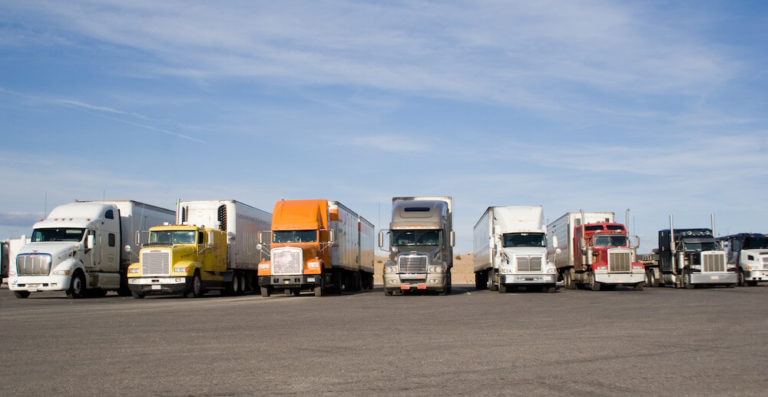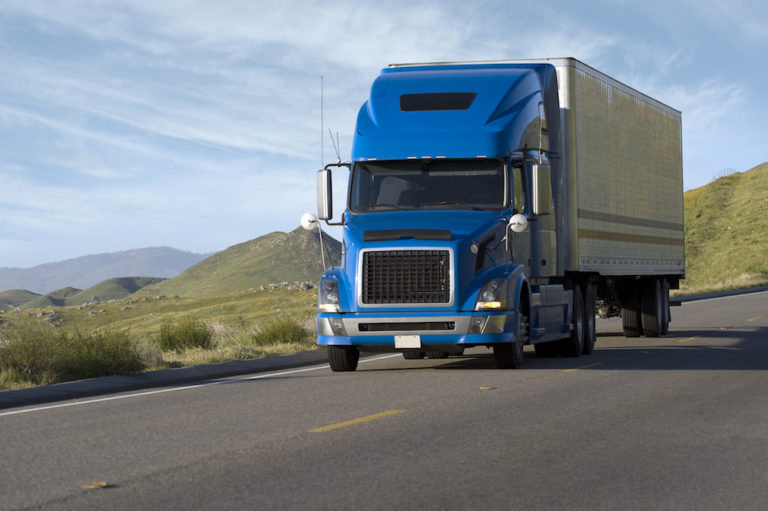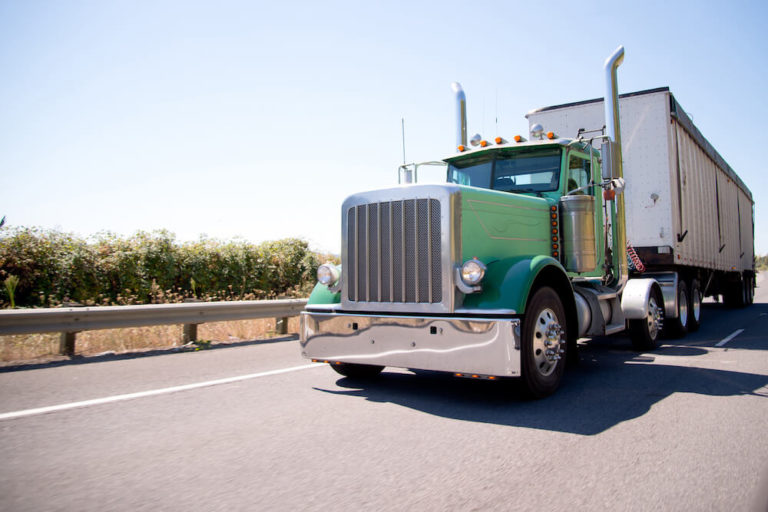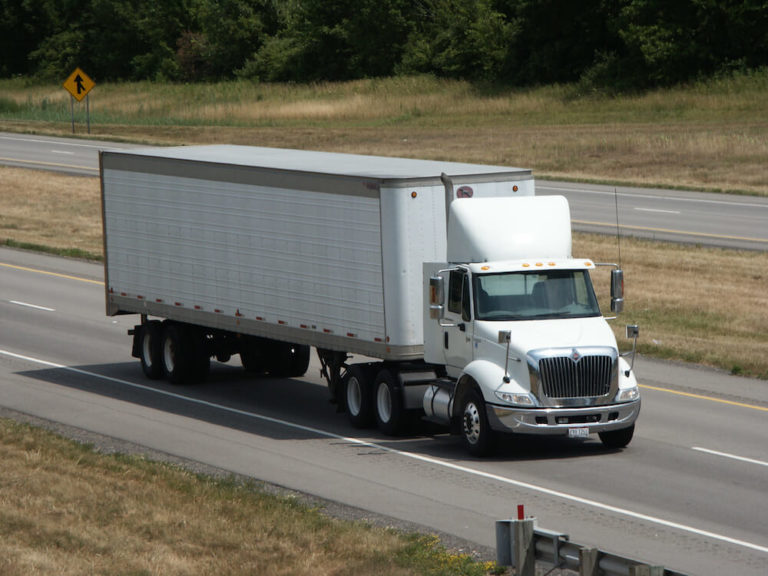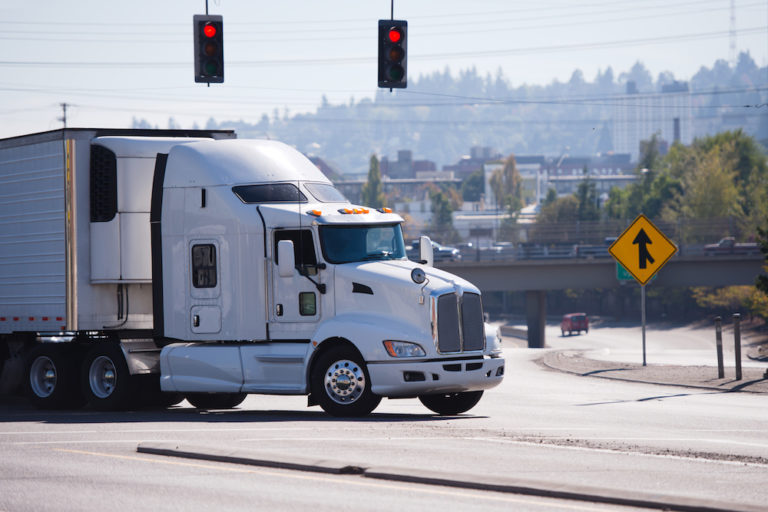The Safety Management System (SMS) program, which is managed by the Federal Motor Carrier Safety Administration (FMCSA), helps to identify and correct unsafe driving behaviors. The organization’s goal is to intervene early enough to prevent accidents from taking place.
Trucking
For all things trucking, we’ve got you covered! Our topics include laws, regulations, safety, music, and more. This collection of articles contains all the information you need to know. Whether you are a trucker or you own your own trucking business, this can be beneficial to you.
Trucking insurance can be complicated, but we strive to make it as easy as possible for you! That is why we’ve compiled these articles so that they can be of easy access. Call for more information or for a free quote now. Here at InsuranceHub we make insurance easy.
What should a truck driver do if there’s an ELD malfunction?
When the Federal Motor Carrier Safety Administration (FMCSA) began mandating the use of the electronic logging device (ELD) in December 2017, it did so with the understanding that it could occasionally malfunction. Under FMCSA guidelines, a commercial truck driver must follow specific instructions if the device that monitors date, time, hours of service, and other important data starts to malfunction.
What information is recorded by an ELD?
The Federal Motor Carrier Safety Administration (FMCSA) requires all commercial truckers to install an electronic logging device (ELD) in their vehicle to record specific information. The ELD has replaced paper logs and electronic onboard recorders since that device was not standardized for the entire industry. The FMCSA required all carriers to install ELDs by December 2017 and to be in full compliance by December 2019.
What are Safety Event Groups and how are they used?
Compliance and Safety Accountability (CSA) is a program operated by the Federal Motor Carrier Safety Administration (FMCSA) that uses Safety Event Groups to help rank motor carriers in terms of safety. The CSA first used this methodology in 2010 when it replaced Peer Groups. It also stopped assigning Average Power Units at that time to categorize fleets.
What are Acute and Critical Violations?
When the Federal Motor Carrier Safety Administration (FMCSA) completes a safety audit, it is looking for evidence of violations that can put the public at risk. It classifies all violations as either acute or critical. When a trucking company or independent owner-operator receives an acute violation, it means that the violation was so grossly unsafe that the FMCSA will implement immediate corrective action.
What are the three forms of CSA intervention?
Compliance and Safety Accountability (CSA) is a program of the Federal Motor Carrier Safety Administration (FMCSA) for the purpose of helping motor carriers comply with federal regulations. It institutes three levels of intervention known as Early Contact, Investigation, and Follow-On. CSA interventions help to determine the reason for safety issues and recommend solutions to correct them.
What do I need to do to reinstate my Motor Carrier Operating Authority?
If you’ve lost your operating authority, all is not lost. The Federal Motor Carrier Safety Administration has clearly defined policies for revoking and suspending a carrier’s ability to operate. There are also clear guidelines for reinstating a suspended or revoked motor carrier operating authority that must be followed if you are going to get back on the road legally.
What truckers need to know about the biennial update of DOT info
As a representative of the federal government, the Federal Motor Carrier Safety Administration (FMCSA) requires all motor carriers that operate under its authority to update their information every other year. You must do this even if your company remains in business and has had no major changes such as no longer performing interstate operations in the last two years.
Can a Motor Carrier broker loads?
The Federal Motor Carrier Safety Administration (FMCSA) currently does not allow motor carriers to broker loads unless they first apply for and receive a license as a property broker. If you are a new broker, that means you must complete an application for broker authority using the Unified Registration System (URS) of the FMCSA. You will need to locate proof of insurance coverage to do so.




